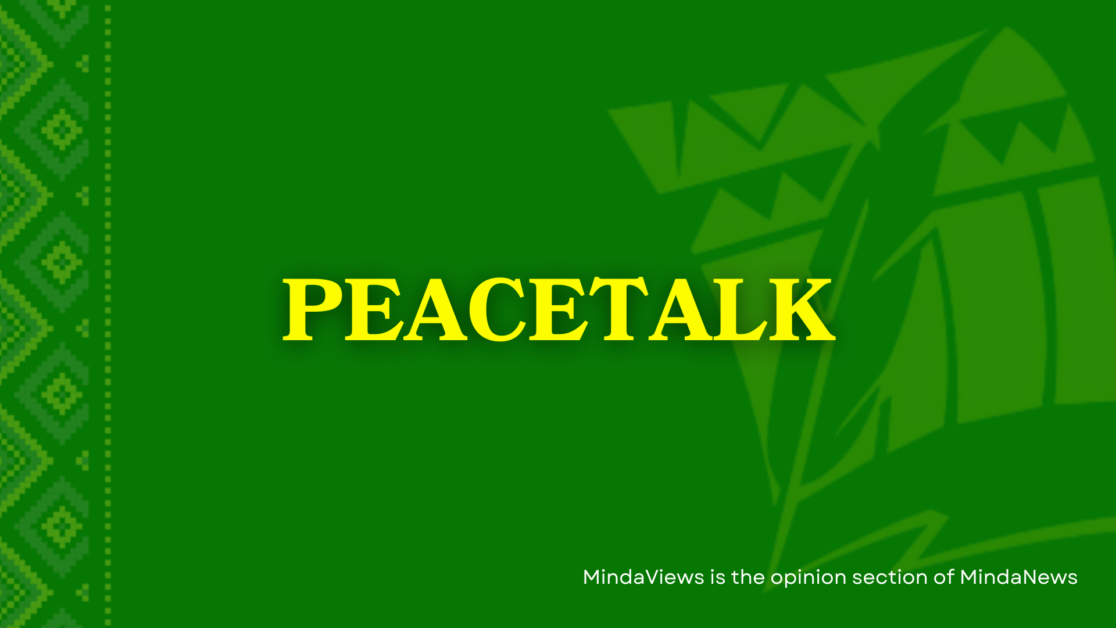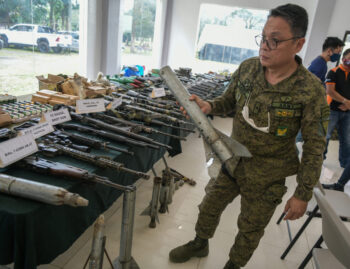
(Speech delivered ny Jose Torres, Director General of the Philippine Information Agency, at the Bangsamoro Information and Media Summit held at SMX Convention Center in Davao City on 19 October 2023)
Today, I am tasked to speak on an issue that is close to my heart, that is moral governance, which implies ethical standards in government service, and information dissemination, something that I have been doing for almost four decades as a journalist before I joined the government four months ago.
In an era marked by an unprecedented flow of information, the ethical implications of how information is managed and disseminated have never been more critical. Information Officers, as custodians of information, wield significant influence in shaping the moral fabric of society.
When I was asked to speak on this topic, I did the easiest thing that many of us these days do, that is, search online what “moral governance” means. Salamat sa Internet. Walang ganito sa amin noon.
My search resulted in the following definition: Moral governance, it says, refers to the ethical framework within which government, organizations, and institutions make decisions and carry out their operations. It encompasses principles such as transparency, accountability, equity, and respect for human rights. Moral governance fosters trust, upholds integrity, and ensures the well-being of society as a whole.
We all know that with the proliferation of digital technologies, including what has been described as Artificial Intelligence, information has become a powerful tool for good and evil.
It is within this context that Information Officers play a pivotal role.
In the Philippine context, information officers are the bridge between the government and the people. They, you, are the ones who are supposed to communicate government’s programs, policies, and accomplishments to the public. You are also the channel for feedbacks from the people to the government.
In moral governance, we are supposed to ensure that information is accurate, unbiased, and complete. We play a crucial role in maintaining the integrity of data used by policymakers and decision-makers.
One of the cornerstones of moral governance is transparency. Information Officers are instrumental in providing the public with access to information about government actions, policies, and decisions. This transparency builds trust and holds institutions accountable. In the Bangsamoro, this entails educating the public about their rights and responsibilities under the Bangsamoro Organic Law.
Information Officers often advise on ethical considerations when making decisions related to information dissemination. You must ensure that the release of certain information is consistent with moral principles and does not harm individuals or communities.
During crises, such as natural disasters or public health emergencies, Information Officers must balance the need for timely and accurate information with the imperative of preventing panic or misinformation. Your role in crisis communication is vital for maintaining order and minimizing harm.
In an age where personal data is more vulnerable than ever, Information Officers must uphold ethical standards in data collection and protection. You must play a role in safeguarding individual privacy and preventing data breaches.
Information Officers contribute to moral governance by ensuring that information is accessible to all members of society, regardless of their background, abilities, or socioeconomic status. This fosters equity and social justice.
In the digital age, the spread of false information and disinformation is a significant challenge. Information Officers can take an active role in countering falsehoods and promoting evidence-based information, thus upholding moral standards in information dissemination.
While our role in moral governance is crucial, it comes with its own set of challenges.
First, we may face political pressure to manipulate information for political gain. Upholding moral principles in the face of such pressure requires courage and integrity.
Second, the volume of information available today is overwhelming. Information Officers must sift through this sea of data to find accurate and relevant information.
Third, the rapid evolution of technology presents constant challenges. Information Officers must adapt to new tools and channels while upholding ethical standards.
And in some cases, national security concerns may conflict with the principles of transparency. Information Officers must find the right balance between these imperatives.
Let us always remember that Information Officers are the custodians of the ethical framework within which information is managed and disseminated. You are at the front lines of moral governance, and your decisions and actions have a profound impact on society.
These days, the role of Information Officers in upholding moral principles is more critical than ever. By promoting transparency, ethical decision-making, inclusivity, and accuracy, you contribute significantly to the moral governance of our country.







